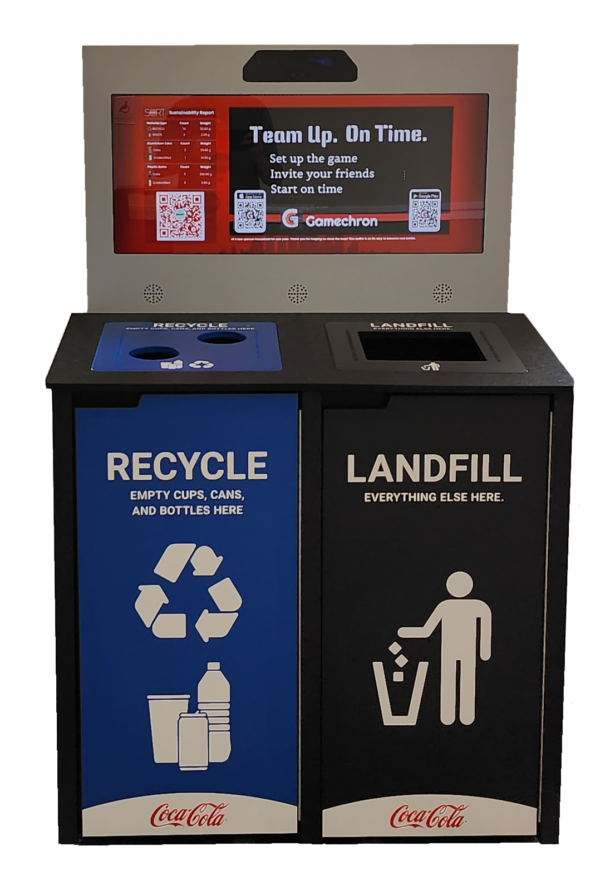In our quest for a greener planet, finding innovative solutions to address the challenges of waste management has become crucial. Traditional recycling methods often fall short in efficiently sorting and managing waste, leading to increased environmental impact. However, the integration of artificial intelligence (AI) in recycling bins has opened up new possibilities. AI-powered recycling bins, also known as smart bins, offer a range of benefits that not only streamline waste management but also contribute to a more sustainable future. In this blog post, we will explore the benefits of AI recycling bins and their potential to create a greener planet.
AI recycling bins revolutionize waste sorting by leveraging advanced technologies such as sensors, cameras, and machine learning algorithms. These smart bins can accurately identify and separate different types of waste, including paper, plastic, glass, and metal. By ensuring proper waste segregation, AI recycling bins minimize contamination and increase the quality of recyclable materials. This not only improves the efficiency of recycling processes but also reduces the amount of waste sent to landfills, promoting resource recovery and reducing environmental harm.
AI recycling bins are equipped with sensors that enable real-time monitoring of waste levels. This data can be utilized to optimize waste collection routes and schedules, leading to more efficient and cost-effective operations. By reducing unnecessary pickups and optimizing collection routes, smart bins minimize fuel consumption and emissions from waste collection vehicles. This not only helps in reducing carbon footprint but also contributes to a more sustainable waste management system.
AI recycling bins have the power to engage and educate individuals about the importance of recycling. With built-in digital screens, these smart bins can display informative messages, educational content, and even interactive games. By making recycling a more interactive and rewarding experience, AI recycling bins encourage behavioral changes and promote a culture of sustainability. This engagement fosters increased participation in recycling efforts, leading to higher recycling rates and a greener planet.
The data collected by AI recycling bins provides valuable insights into waste generation patterns, recycling rates, and contamination levels. This data can be analyzed to identify trends, make informed decisions, and develop targeted waste management strategies. Policymakers can use this information to optimize recycling campaigns, allocate resources effectively, and identify areas for infrastructure development. By leveraging data-driven decision-making, AI recycling bins contribute to more efficient, sustainable, and cost-effective waste management practices.
AI recycling bins play a crucial role in promoting the concept of a circular economy. By accurately sorting waste, these smart bins ensure that valuable materials are reclaimed and reintroduced into the production cycle. This reduces the need for virgin resources, conserves natural resources, and minimizes the environmental impact associated with sourcing and manufacturing new materials. AI recycling bins facilitate the transition towards a circular economy by promoting resource recovery and reducing waste generation.
AI recycling bins offer smart solutions for a greener planet by revolutionizing waste management practices. From enhanced waste sorting accuracy and real-time monitoring to promoting recycling awareness and facilitating data-driven decision-making, the benefits of AI recycling bins are far-reaching. By harnessing the power of artificial intelligence, we can optimize waste management processes, minimize waste generation, and contribute to a more sustainable future. Embracing AI-powered recycling bins is a crucial step towards building a greener and healthier planet for future generations.




